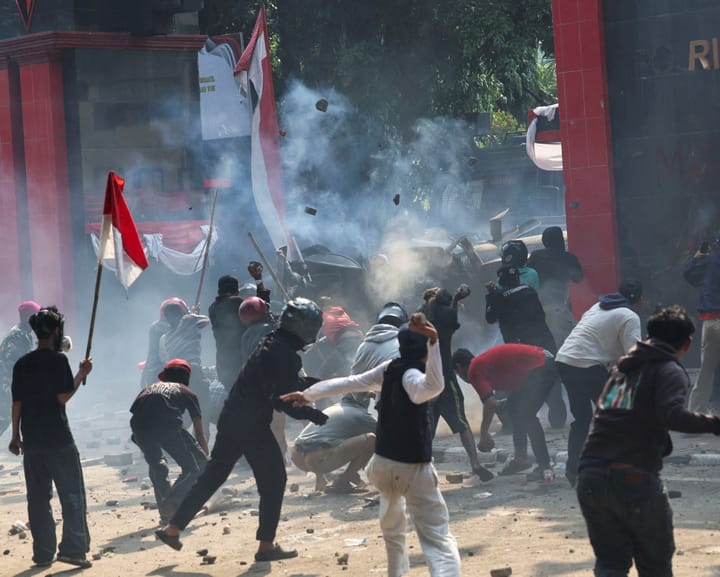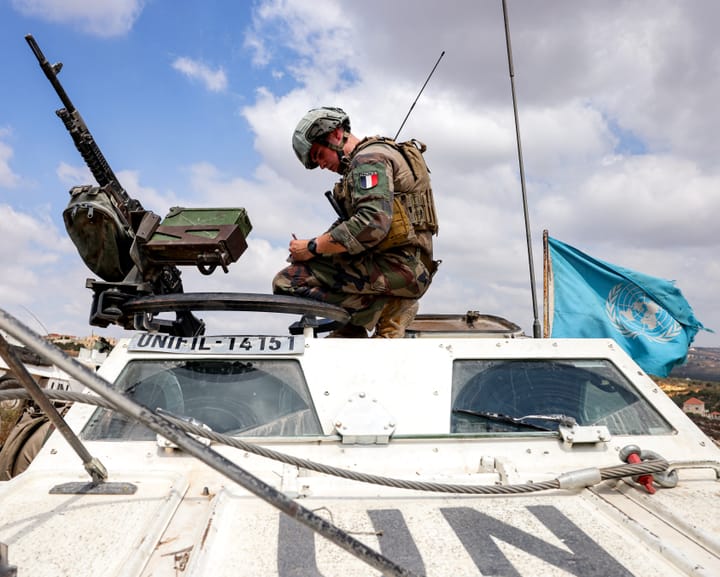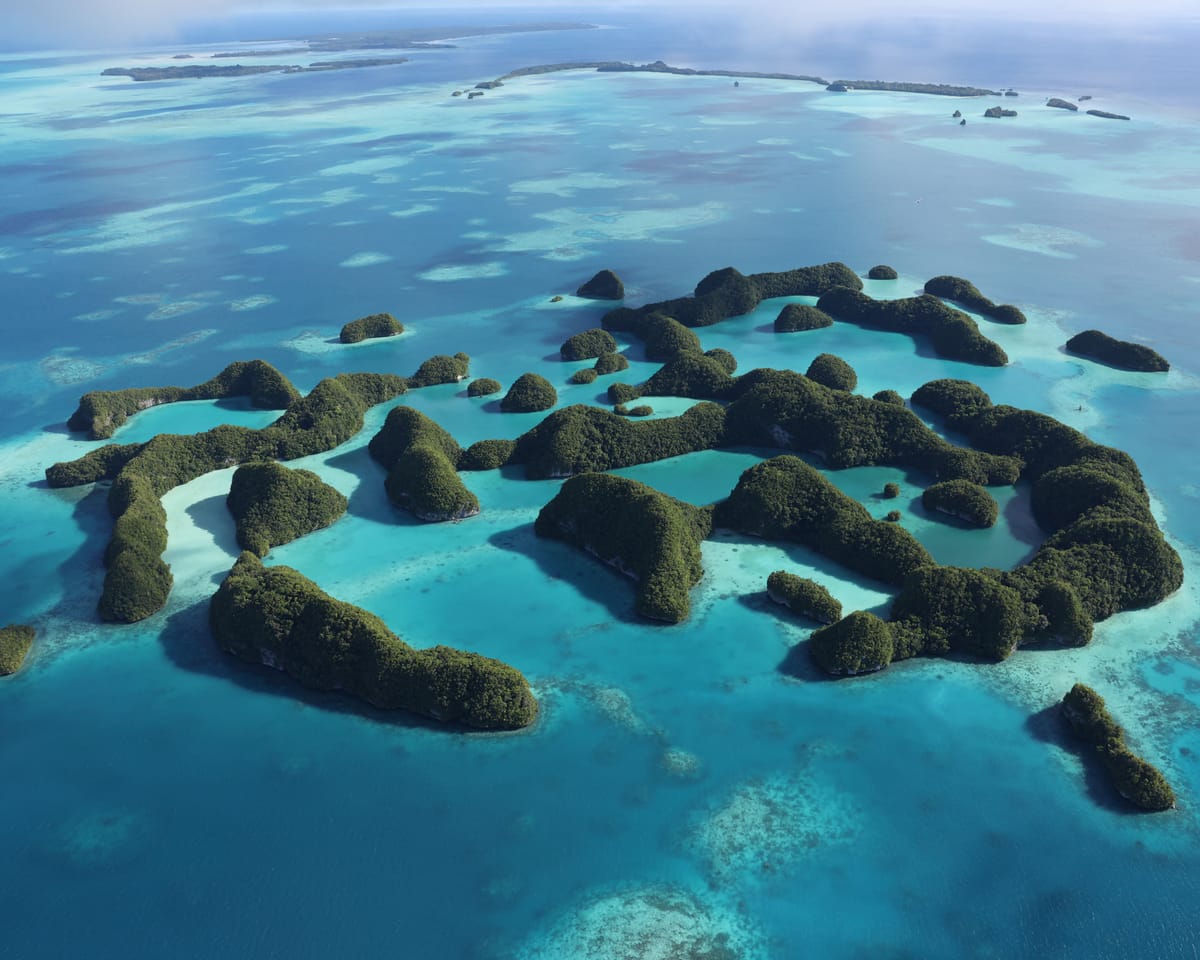The US government has asked Palau, a small Pacific nation, to accept asylum seekers currently living in the US. This is part of a broader effort to deport migrants to countries where they are not originally from.
Palau, with a population of around 18,000 and located east of the Philippines, is reviewing a proposed agreement to resettle individuals from other countries who may seek protection against returning to their homeland. The draft does not specify how many people could be sent to Palau or what the nation would receive in exchange.
"Both Parties shall take into account … requests by individuals from other nations for asylum, refugee protection, or equivalent temporary protection," states the draft agreement. It also clarifies that the US would not send unaccompanied minors under this arrangement.
A letter from Palau’s President, Surangel Whipps Jr., indicates that the proposal is not yet finalized and remains open for further discussion. The letter also notes that Palau would retain "full discretion to decide whether or not to accept any individuals."
This request follows recent US efforts to relocate migrants outside its borders. A Supreme Court decision in June allowed the government to transfer migrants to countries where they are not originally from. Since then, individuals from places like South Sudan and Eswatini have been relocated under similar agreements.
According to immigration policy expert Doris Meissner, this proposal resembles other US attempts to negotiate migrant resettlement deals with various nations, many of them smaller and geographically distant.
"Because most of these countries are remote and unfamiliar to many in the US, such measures aim to create fear among immigrant communities, who worry about being sent to distant locations without any family or social ties," Meissner said.
Unlike the US, Palau has not signed the UN Refugee Convention, which sets guidelines for protecting those fleeing persecution. The draft agreement states that Palau would instead act based on its own laws and humanitarian principles.
Last week, Palau’s President met with the national congress and traditional leaders to discuss the request. In response to inquiries, his office referenced a post-meeting statement, which noted that leaders "affirmed their established ties with the US" but required more details before making a decision.
A US State Department spokesperson did not provide further comment.
Read next

"UN rights officials call for leadership to label Israel's Gaza offensive as genocide"
Hundreds of UN Human Rights Staff Urge Leadership to Label Gaza Offensive as Genocide
A significant number of employees from the United Nations’ primary human rights body have endorsed an internal letter urging their leaders to recognize Israel’s military campaign in Gaza as genocide and to push member states

"Demonstrations break out in Indonesia after police car fatally strikes man"
Hundreds of Indonesians have gathered at locations across Jakarta to demonstrate following the death of a man struck by a law enforcement vehicle, marking the first major challenge for Prabowo Subianto’s administration, which took office nearly a year ago.
The victim, a motorcycle ride-hailing driver, was hit during clashes

"UN to halt Lebanon peacekeeping mission next year amid US, Israeli pressure"
The UN Security Council has extended the peacekeeping mission in Lebanon for another 16 months, though it will conclude by the end of 2026 following pressure from Israel and the US.
Council members unanimously approved the decision on Thursday to renew the mandate of the UN Interim Force in Lebanon

